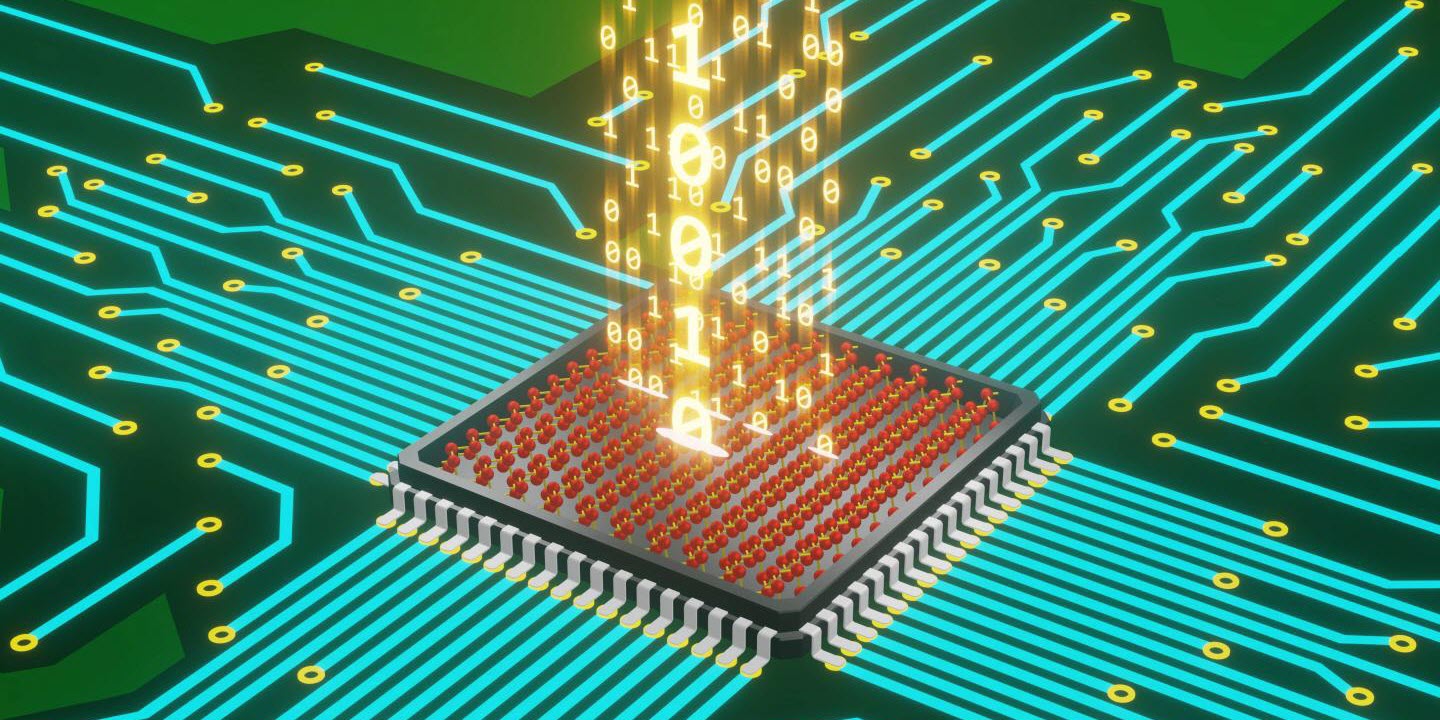
Korean Researchers Unveil Ultra-Low Power AI Chip
A team of scientists from the Korea Advanced Institute of Science and Technology (KAIST) has recently unveiled a revolutionary AI chip at the 2024 International Solid-State Circuits Conference. Known as the ‘Complementary-Transformer’ chip, it is being hailed as the world’s first ultra-low power AI accelerator chip designed for large language model (LLM) processing.
In a direct comparison to Nvidia’s A100 Tensor Core GPU, the KAIST C-Transformer chip boasts impressive statistics. It is reported to consume 625 times less power and is 41 times smaller than Nvidia’s offering. The chip, fabricated by Samsung, leverages advanced neuromorphic computing technology to achieve these remarkable power efficiency gains.
 Image of the KAIST C-Transformer chip
Image of the KAIST C-Transformer chip
The C-Transformer chip, currently manufactured on Samsung’s 28nm process, features a die area of 20.25mm2 and operates at a maximum frequency of 200 MHz while consuming under 500mW. Despite its lower performance metrics compared to the Nvidia A100, the chip’s focus on power efficiency makes it a compelling option for certain applications.
Innovative Architecture and Features
The architecture of the C-Transformer chip is characterized by three key functional blocks. These include a Homogeneous DNN-Transformer / Spiking-transformer Core (HDSC) with a Hybrid Multiplication-Accumulation Unit (HMAU), an Output Spike Speculation Unit (OSSU), and an Implicit Weight Generation Unit (IWGU) with Extended Sign Compression (ESC). These features work together to optimize energy consumption and processing efficiency.
According to KAIST, the C-Transformer chip incorporates refined neuromorphic processing techniques that were previously deemed unsuitable for LLMs. By enhancing the accuracy of neuromorphic computing to match that of deep neural networks (DNNs), the researchers have unlocked new possibilities for energy-efficient AI processing.
Future Implications and Applications
While direct performance comparisons with industry-standard AI accelerators are currently lacking, the potential of the C-Transformer chip for mobile computing and other power-constrained environments is evident. The successful development of this chip, coupled with extensive testing using GPT-2 models, signals a promising future for ultra-low power AI processing solutions.
In a landscape dominated by power-hungry GPUs, the emergence of the KAIST C-Transformer chip represents a significant step towards more sustainable and efficient AI hardware. As researchers continue to push the boundaries of chip design and optimization, the possibilities for energy-efficient AI applications are expanding rapidly.















